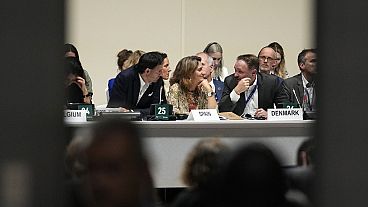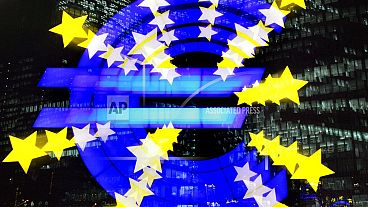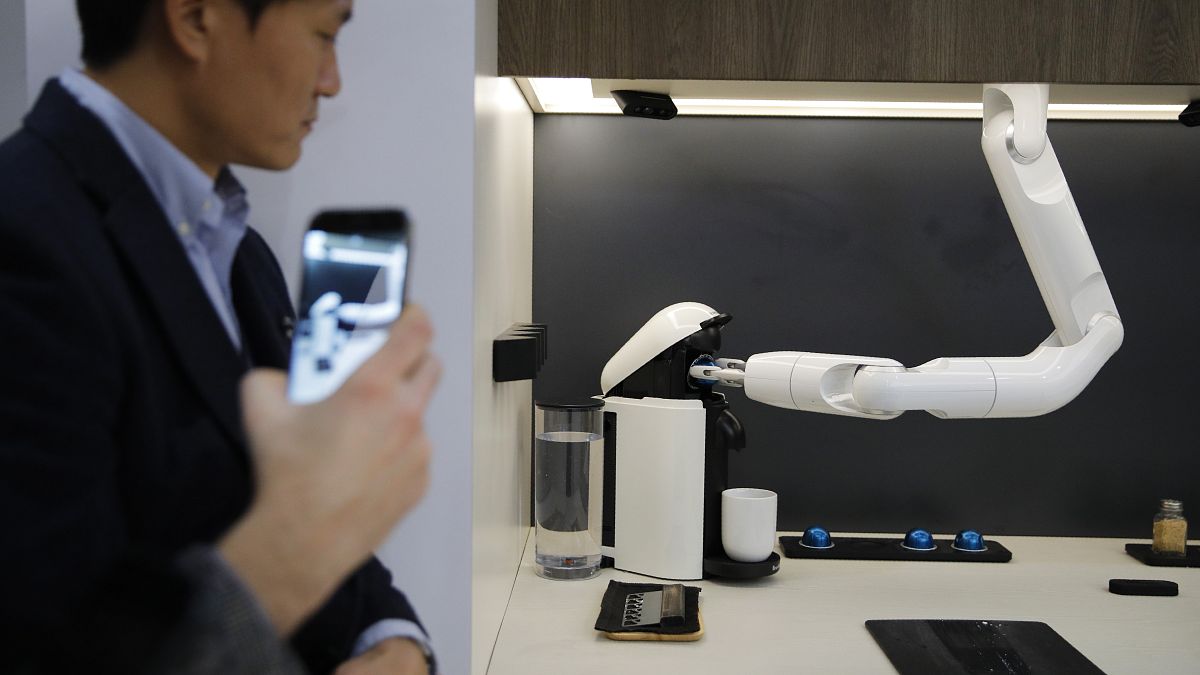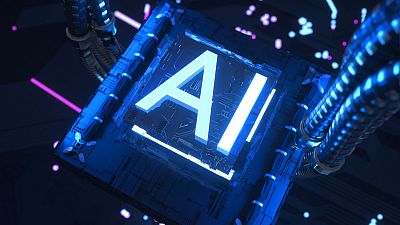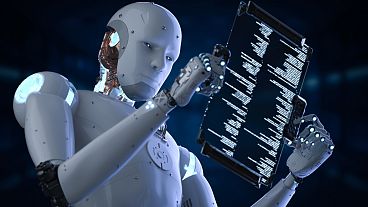To prepare the ground for the incoming AI Act, the AI Board has started meetings while the AI Office continues its recruitment process.
The European Commission is preparing the revision of technical aspects of the Medical Device and the In Vitro Regulation to bring them in line with the AI Act, according to a meeting document seen by Euronews.
Further certification rules under the Radio Equipment Directive, and toys and machinery rules will need to be adapted as well after the AI Act entered into force last August, the Commission told member states.
The AI Act aims to regulate applications and tools according to the risks they pose to users and societies. The general-purpose AI rules will apply one year after entry into force and the obligations for high-risk systems in three years' time.
The document said that a revision of the Copyright Directive and the Audiovisual Media Directive might come up under the incoming Commission.
In the meeting, which included representatives of the 27 EU member states, the Commission also discussed progress made under the AI Board, which will consist of the national regulators and will assist the Commission’s AI Office in ensuring a harmonised implementation of the AI Act.
At the first meeting of the AI Board, held on 9 September, the Board’s Rules of Procedure were adopted. Until the end of 2025, the presidency of the Board will follow that of the Council, until a solution to ensure the stability of the presidency is found. Member states have another twelve months to appoint a formal regulatory authority.
The Commission’s AI Office will supervise the rules for general-purpose AI systems and function as a central coordination body for AI policy at EU level, coordinating with other commission departments, EU agencies, companies and the 27 EU Member States.
The unit, led by Lucilla Sioli, has so far recruited 25 technical experts from 46 applications from 15 member states, the document said. In total, it will employ 140 people in total including technological experts, lawyers and policy specialists.
The internal vacancy for Lead Scientist closes today (13 September) and will now be opened to external candidates. The Commission asked the member states to bring this to the attention of top scientists.


